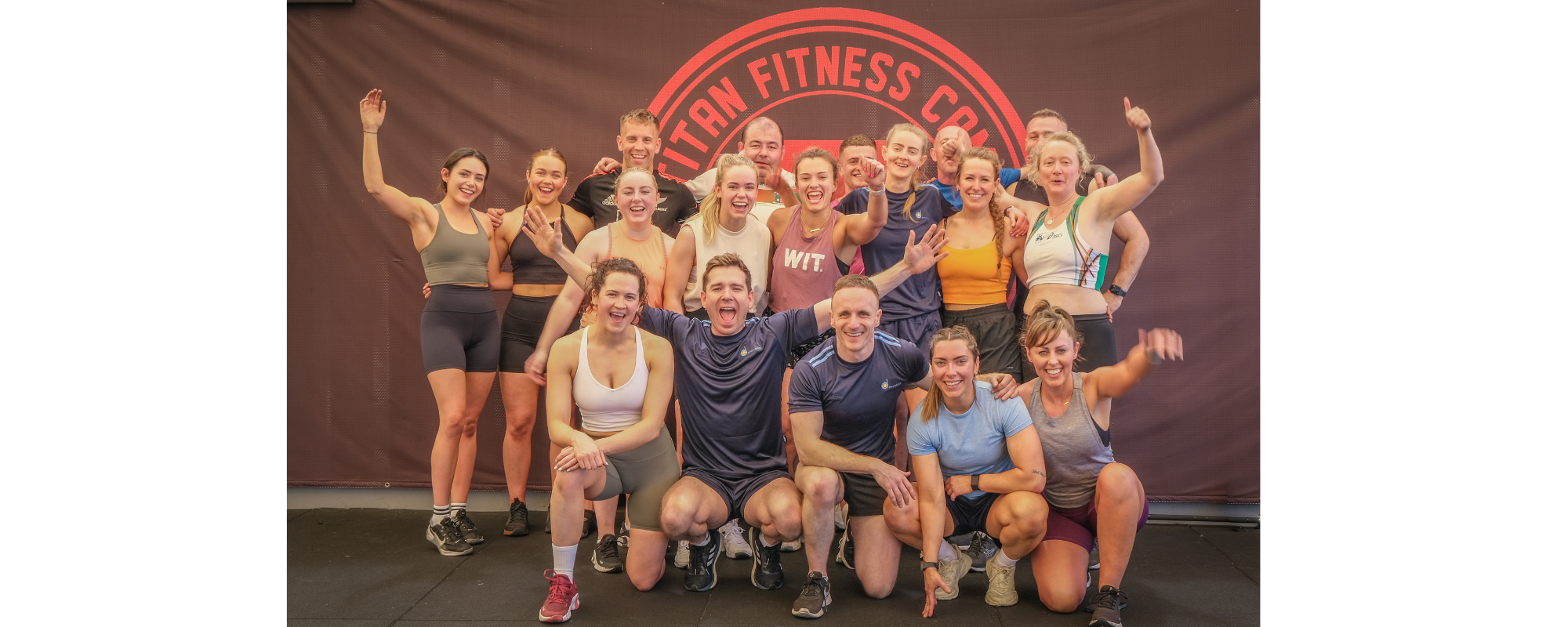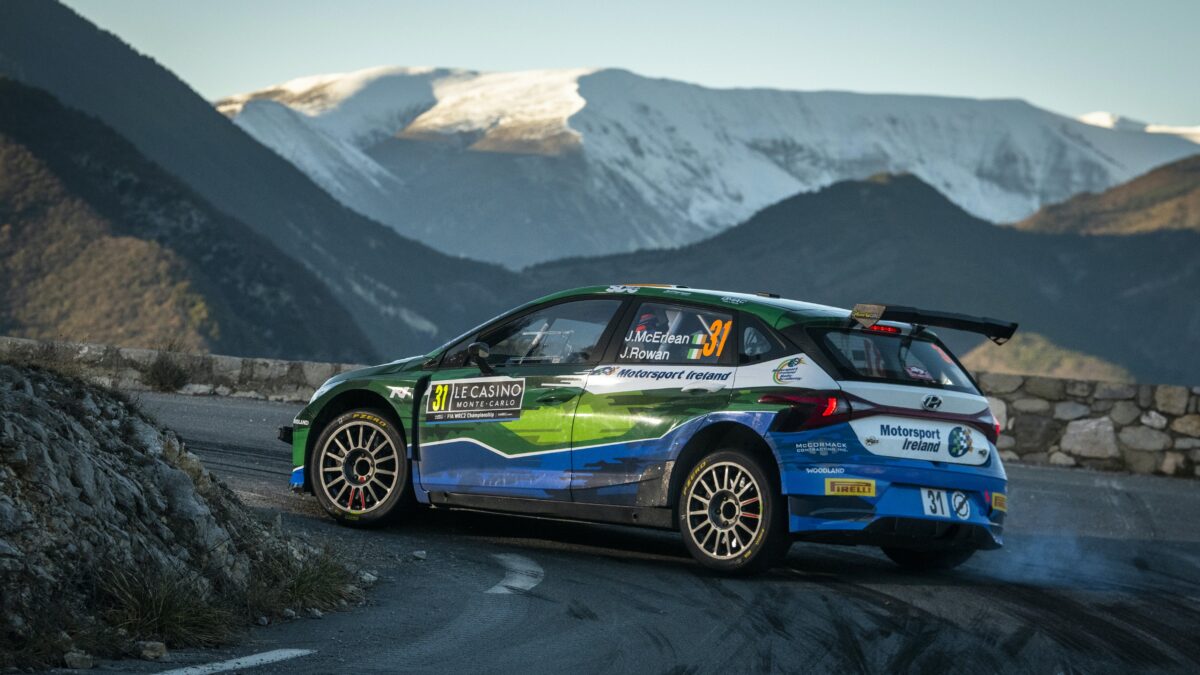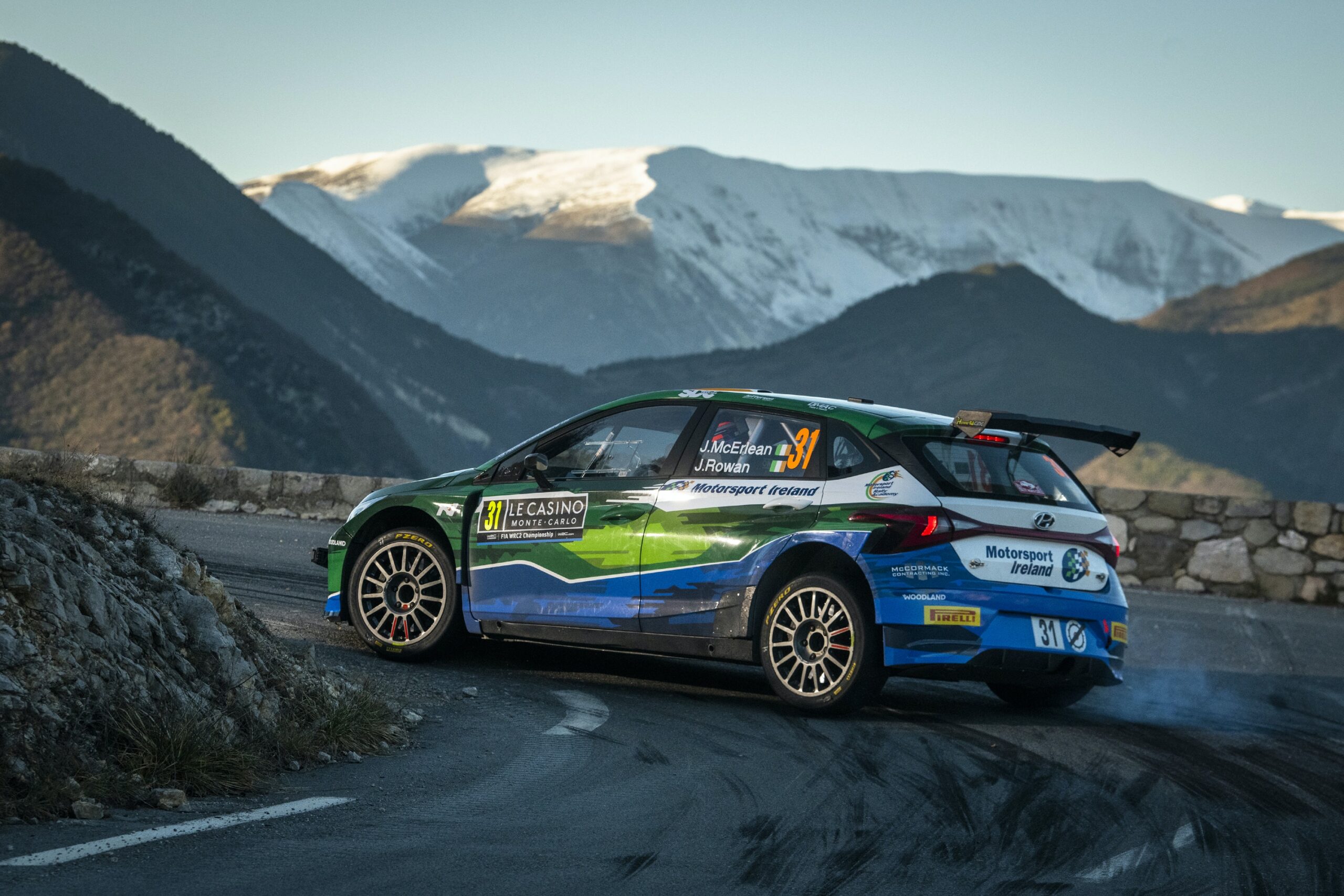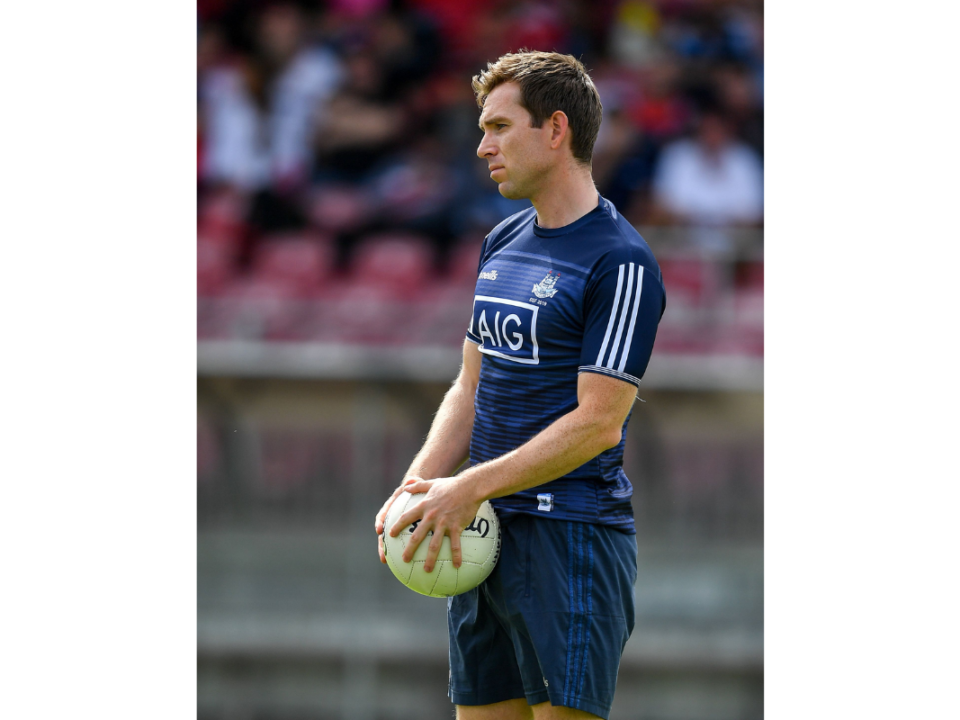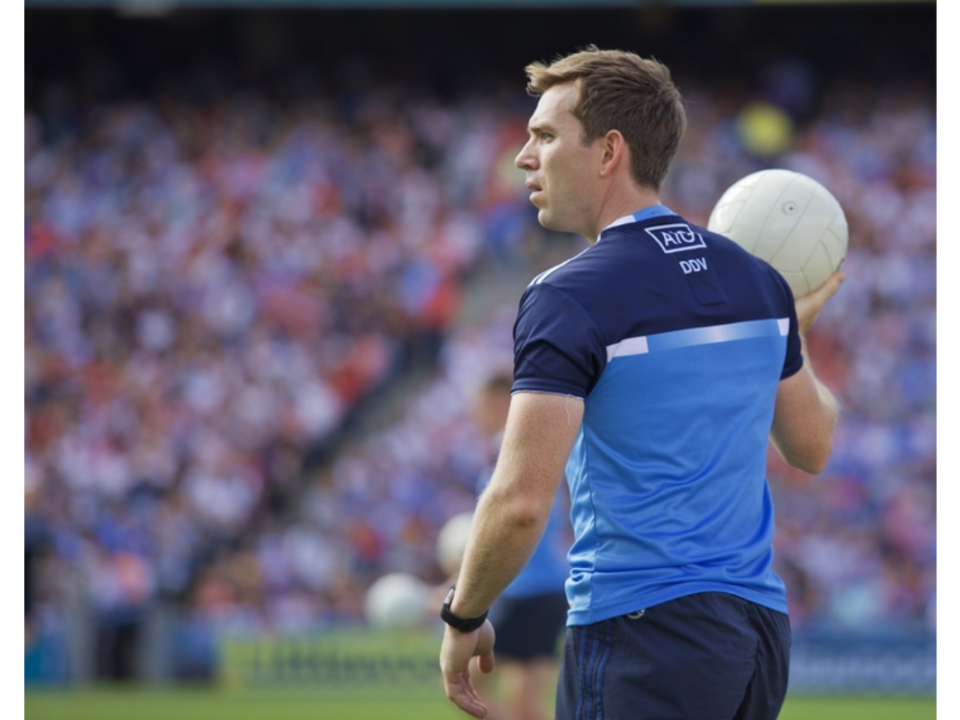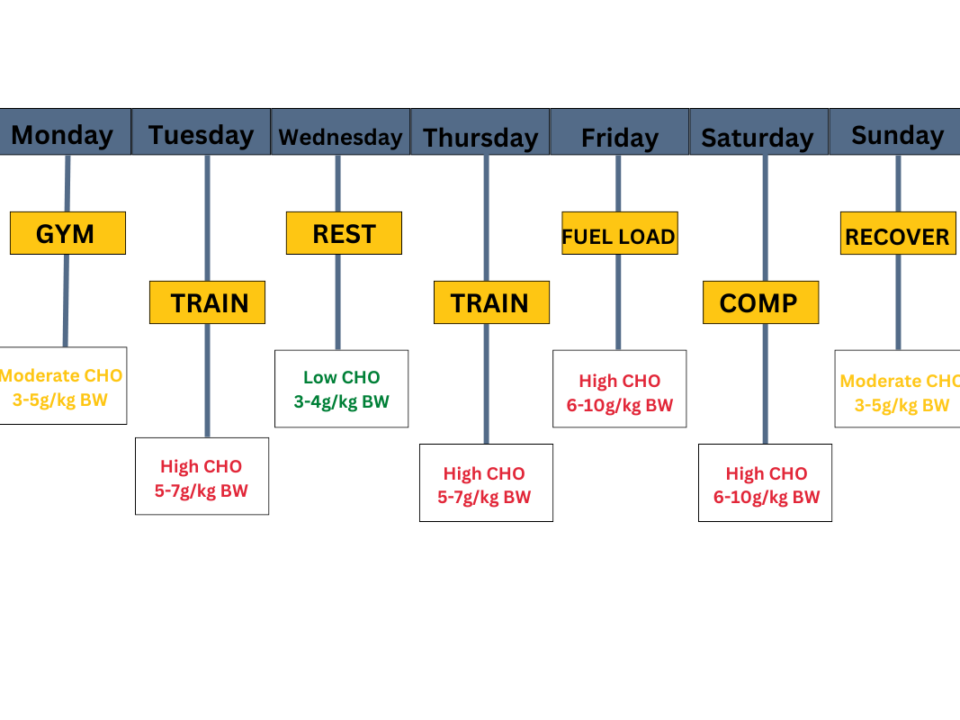The Unique Demands of Motorsport Athletes
Our introduction into motorsport began in January 2022 when we joined the Motorsport Ireland Rally Academy. This experience has been a never ending learning journey. While research provides an empirical view of the physiological and psychological demands facing these athletes, it is the narratives of the drivers themselves that breathe life into these data points. Our role went beyond merely prescribing meal plans or offering generic nutrition advice; we sought a deep, immersive understanding of the athletes’ experiences across all phases—preparation, competition, and recovery.
Given the complex number of factors that drivers and co-drivers need to consider in the lead-up to events—from mechanical concerns to navigation plans—we were cautious not to introduce additional stressors into their already demanding schedules. Instead, we focused on getting to know them, their challenges and gradually educating them about the role of nutrition and taking care of their body to help improve energy levels, enhance cognitive function like focus and decision-making, and improving their recovery post-event.
We aim to establish a strong relationship between the insights we provide and the real-world experiences the athletes undertake. It’s not just about knowing what’s required; it’s about initial evaluation, timely interventions, and reflective analysis of how these changes impact performance outcomes. In a world where milliseconds can make a difference, we’re committed to fine-tuning every aspect of an athlete’s lifestyle to support their peak performance.
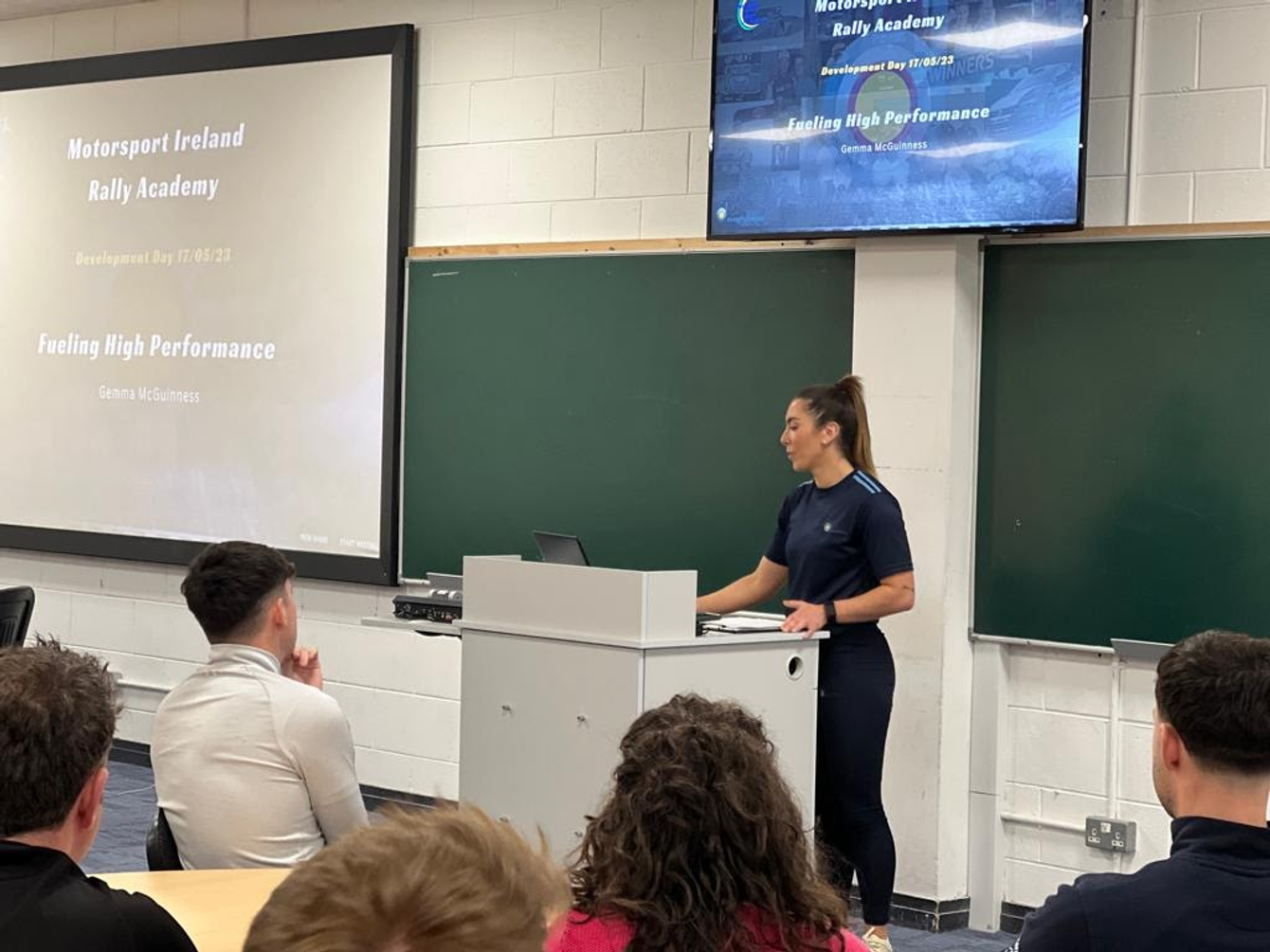
Introduction
Motorsport represents an incredible sporting arena, where milliseconds can determine the difference between success and defeat, rendering both physical and cognitive performance not just advantageous but imperative. Far removed from the stereotype of merely “driving a car,” competitive rally events demand a toll on the body and mind in ways that are both unique and astonishingly complex.
The multifaceted challenges these athletes face are unlike any other. Their ‘pitch’ is a confined cockpit, often accompanied by sweltering heat from hot engines. Drivers and co-drivers don’t just battle the clock and their competitors; they confront intense gravitational forces and make split-second decisions that bear immediate consequences. Research has identified this environment as one with significant cardiorespiratory stress, coupled with underlying psychological demands.
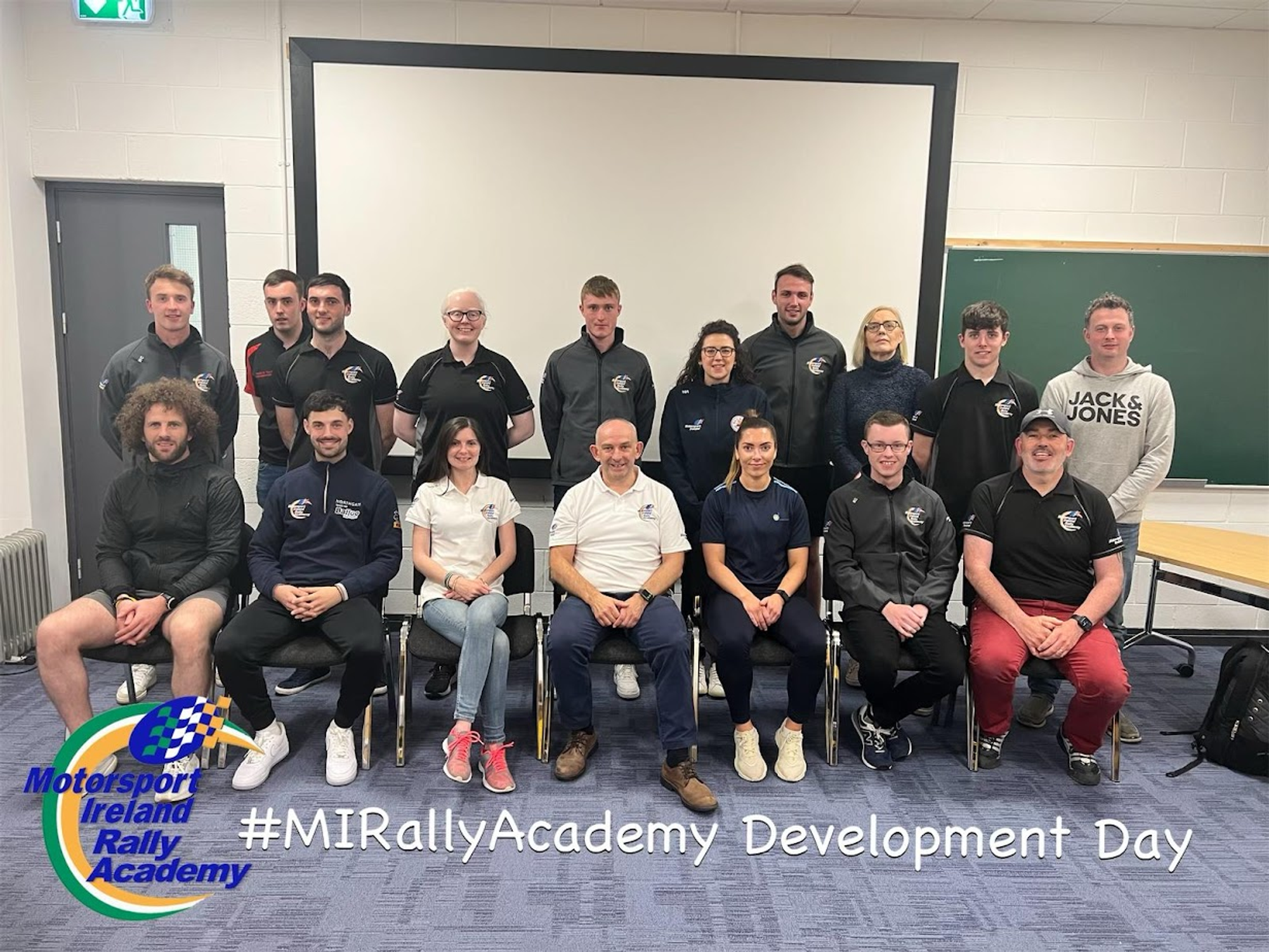
The Physiology of Precision
Even a slight increase in core temperature (0.8°C) can deteriorate hand-eye coordination and decision-making abilities, thus escalating the chances of errors. To place this in perspective, these athletes’ cardiorespiratory metrics often mirror those found in sports like basketball and football.
In rally events heart rates have been recorded to range between 130-200 beats per minute (bpm), a range that is not only influenced by the physical exertion but also by the psychoemotional aspects of competition. This is a crucial point to consider when comparing motorsport to traditional sports. For instance, endurance sports like long-distance running often see heart rates in a similar range, but the contributing factors are primarily physical. In contrast, team sports like basketball and football also exhibit elevated heart rates, but these are influenced by both physical exertion and game-related stressors, such as time constraints or opponent actions.
What sets motorsport apart is the duration of elevated heart rates. Unlike most traditional sports that last for a few hours at most, some motorsport events can span multiple days. This prolonged period of elevated heart rate increases the risk of central and peripheral fatigue, impacting both physical and cognitive performance.
Moreover, the energy expenditure in motorsport, measured as 5-13 times higher than resting metabolic rates, indicates that the athletes are working hard to maintain both physical and cognitive tasks.
In summary, while the elevated heart rates in motorsport may initially seem to be primarily psychoemotional, they are in fact indicative of a complex interplay of physiological and psychological factors. This makes motorsport a unique case study, offering valuable insights not just for sports science but also for other high-stress, high-skill professions like military and emergency services.
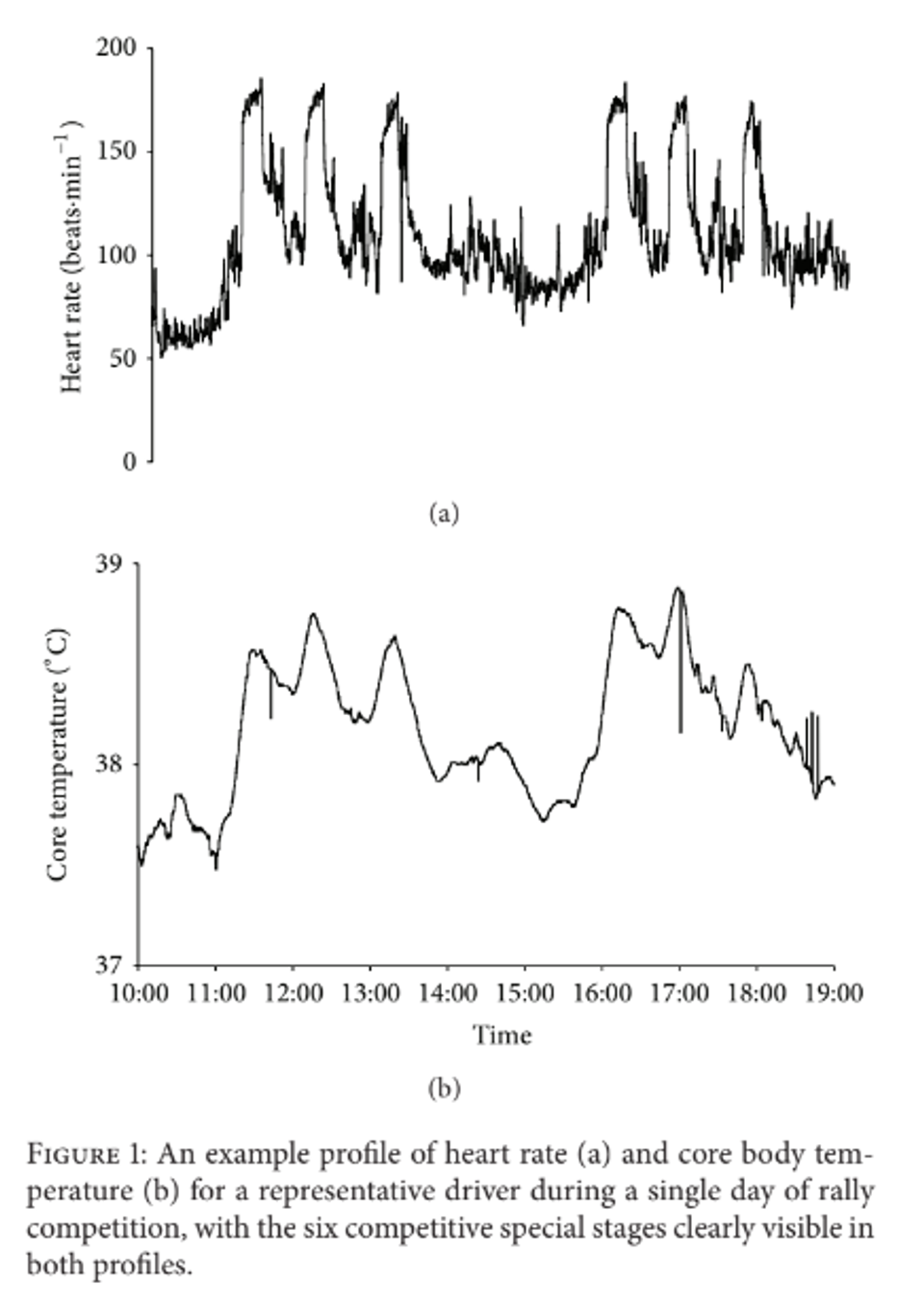
The Role of Nutrition in Motorsport
Taking the physiological and psychological demands of motorsport into account, these athletes, both drivers and co-drivers need to be regarded as high-performing athletes who require specialised fitness, nutrition and mental strategies to maximise both safety and competitive output.
To sustain their performance in long events, athletes require a well planned nutrition strategy. Carbohydrates are crucial for maintaining glycogen stores, which directly impact both physical stamina and cognitive function. Adequate protein intake is essential for recovery, especially in events spanning multiple days where muscle fatigue can compromise performance. Hydration is another key concern; even moderate dehydration can significantly impair cognitive function, which is critical in a sport requiring split-second decision-making. Electrolyte balance also needs to be maintained to prevent cramping and optimize neuromuscular function. Given the confined spaces and heat exposure, thermoregulation becomes a concern, making fluid strategies more complex.
In essence, nutrition in motorsport isn’t just about fueling for physical exertion; it’s a multifaceted approach that also addresses cognitive demands, emotional stress, and unique environmental conditions. This requires a level of personalisation and adaptability that goes beyond traditional sports nutrition protocols, making the role of performance nutritionists like us even more critical in not only this field, but any high performing environment where stress and pressure are involved.
Adapting to the Unpredictable: William Creighton
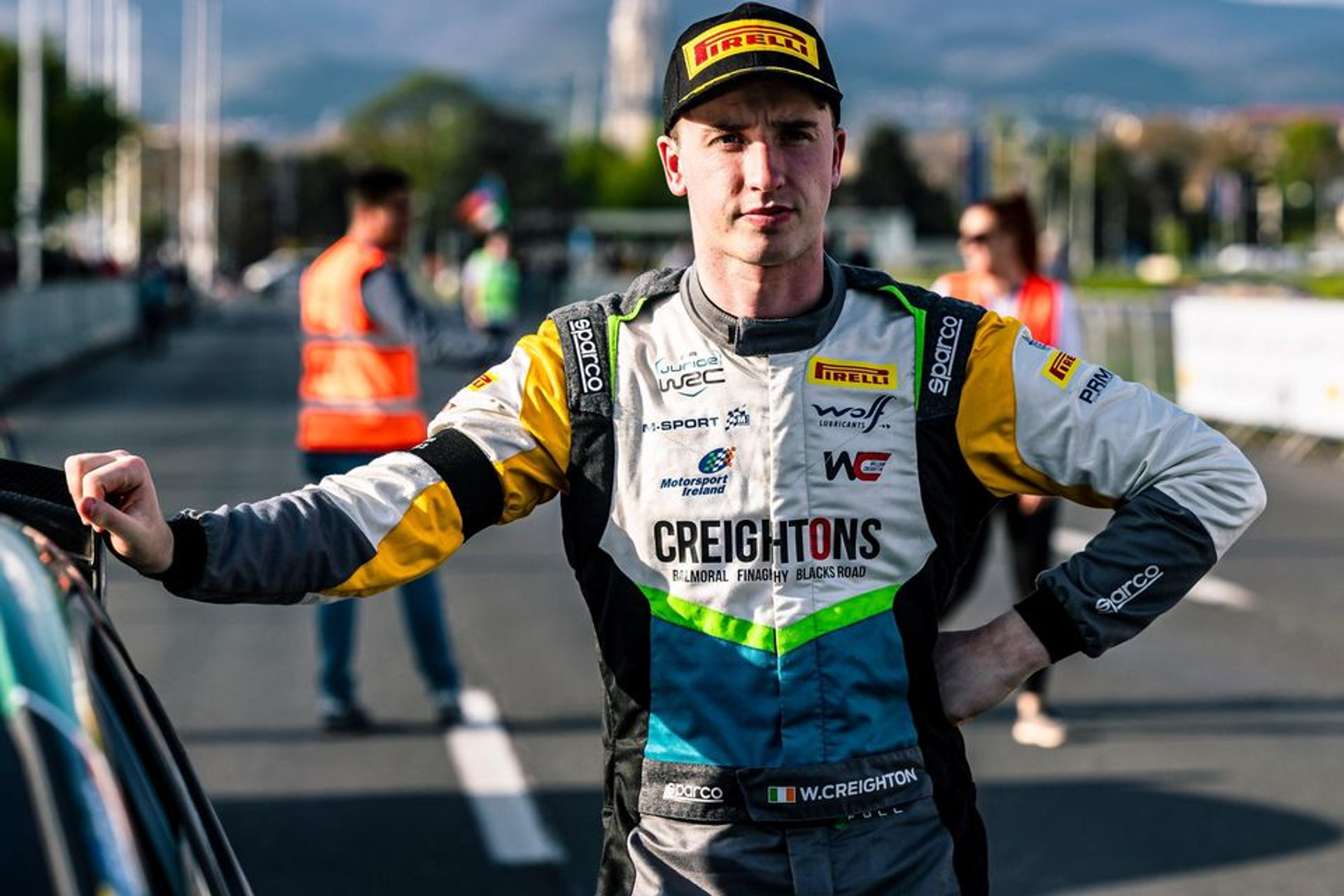
A member of the academy who reaped incredible success this season was William Creighton, who was crowned Junior World Rally Champion. William’s experience in the World Rally Championship (WRC) in Greece serves as a compelling case study for the unique challenges that motorsport athletes face. Known as the most brutal event on the WRC calendar, the rally in Greece is notorious for its punishing conditions, both on the car and the crew. Creighton went in with the championship lead and a strategy to stay out of trouble, only to be greeted by over two meters of rain in two days, throwing the planned itinerary into chaos.
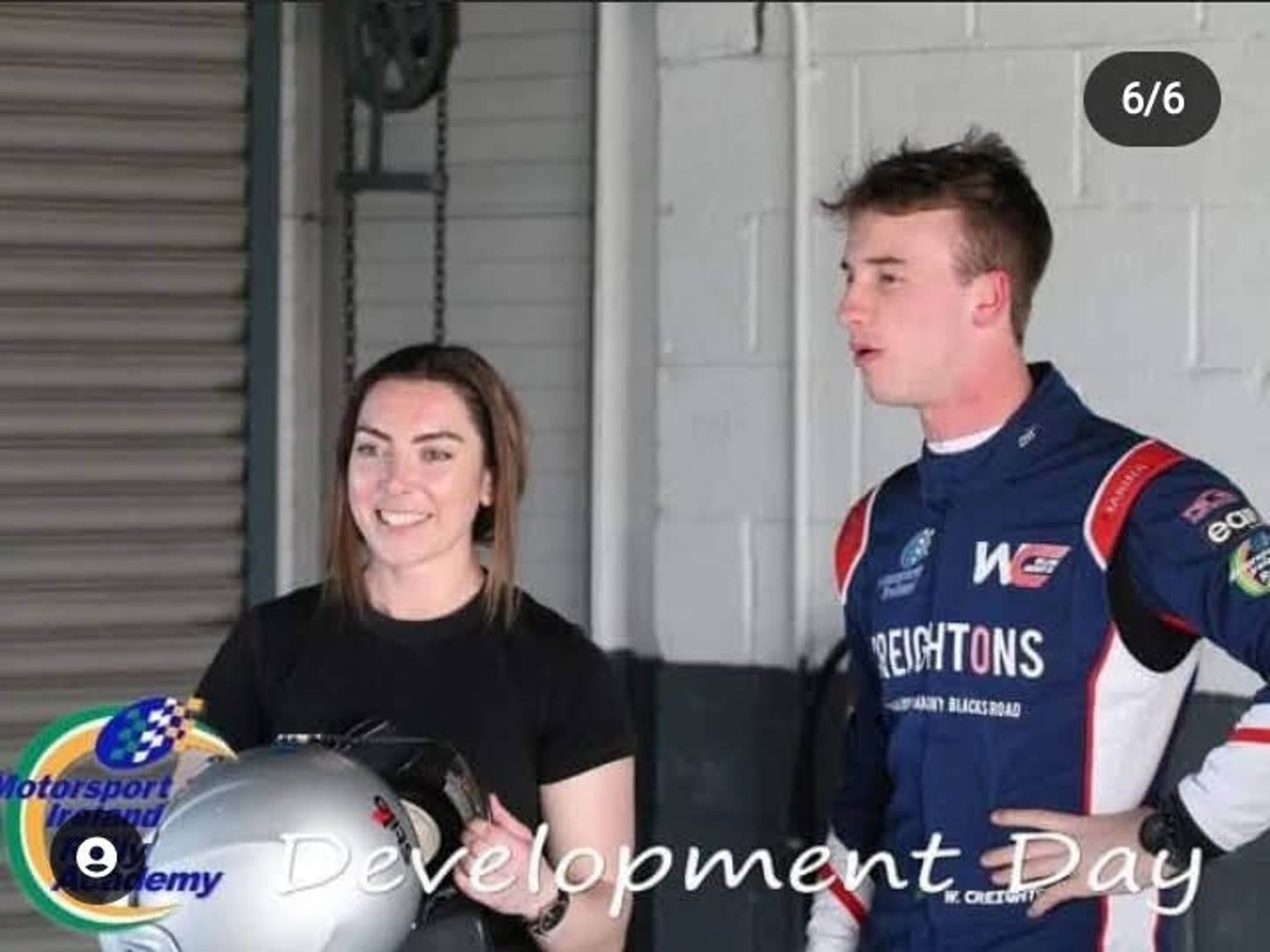
However, this is where the physiological and psychological preparation comes into play. Despite the chaos, William and his co-driver, Liam, managed their cognitive loads and expectations. Thrown off schedule, dealing with early mornings and late nights, they had to keep a laser-like focus on the evolving conditions. Facing engine issues that could have resulted in a withdrawal, they managed to fix the car and resume competition in extreme heat and rough terrain. Ultimately, their resilience paid off, leading them to clinch the championship.
This underscores the necessity for athletes in this high-stress, high-variability sport to be incredibly well-prepared, both mentally and physically. The ability to adapt on the fly is crucial, and that adaptability comes in part from preparing the body and mind well.
Preparation – The finer details
Competing in long WRC events means you can’t leave things to chance. William emphasised how a more structured approach has improved his preparation over the last few years. This approach revolves around meticulous planning, both for the event itself, the car and his body. Right from what he consumes in the run-up to an event, to specific hydration and nutrition strategies for the event itself.
William maintains an evolving list that fine-tunes his preparation, minimising any room for error or negative physiological impact like dehydration or underfueling. William also makes it clear that these strategies are not static but are constantly adjusted based on their effectiveness. He mentions the importance of small, slight improvements and the necessity to stick with them once they prove beneficial.
The focus on such granular details are necessary when events are decided by fractions of a second, or when an unexpected event like a mechanical failure or environmental crisis occurs, it’s this level of preparation that can make all the difference.
Our goal within daveynutrition is to empower the athletes we work with to foster the high performing habits and routines that allows them to reach their own potential.
The Motorsport Ireland Rally Academy has evolved immensely over the past 2 years and we are moving into 2024 with big ambitions and plans in place for the further development of this academy and these athletes to create more resilient, well equipped individuals ready to take on any challenge they face.


